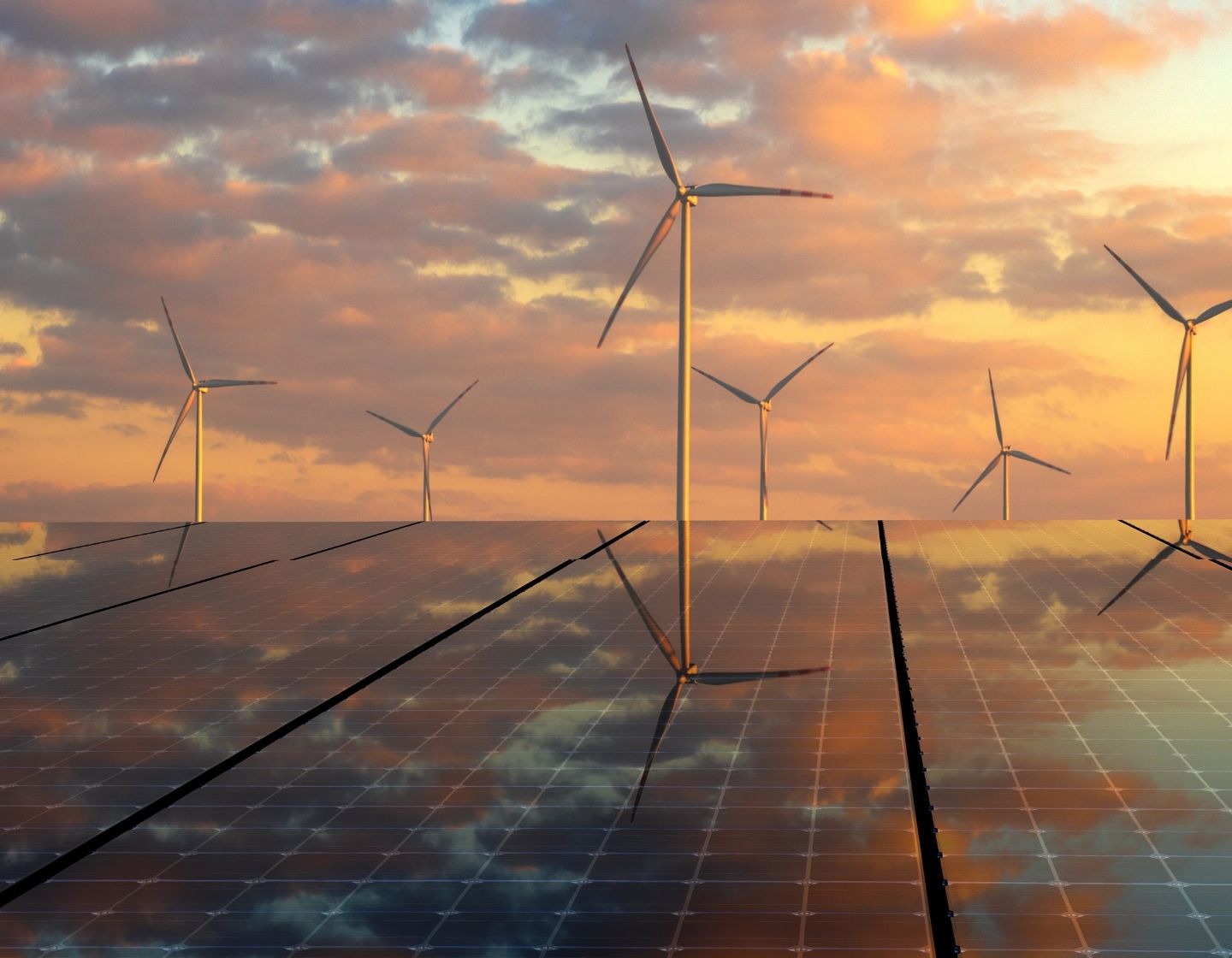Autumn Statement makes energy efficiency loud and clear
Energy efficiency is now firmly back on the government agenda after the Autumn Statement.
The issue has been fudged and mishandled for years but the Chancellor was precise about what needs to happen – a fundamental change in the UK’s approach to energy.
Jeremy Hunt said: “Over the long term, there is only one way to stop ourselves being at the mercy of international gas prices: energy independence combined with energy efficiency.”
And he will back the good intention with new funding of £6bn to reduce demand in homes and businesses – but this will only start to flow in 2025. The government target is to reduce energy consumption from buildings and industry by 15%.
The government estimates that reducing demand by this much means, in today’s prices, a £28 billion saving from the national energy bill or £450 off the average household bill.
These are the headline figures and the Business and Energy Secretary will publish details on energy independence plans and launch a new Energy Efficiency Taskforce shortly.
Reduce energy use
The delay in new spending on energy efficiency at the national level is a disappointment but once again clearly shows businesses and homes that, rather waiting for the magic-money-tree bus to finally turn up, action now is absolutely essential.
SaveMoneyCutCarbon can help businesses looking for clear pathways to energy efficiency, reduced demand and lower bills. Our free 30-minute Carbon Mentor call will offer guidance on where to start, what ROI to expect, budgets and what could be achieved. It’s open to any business no matter what sector or size.
And households can make the move to lower energy bills with the SaveMoneyCutCarbon Home app is a free tool to help you reduce energy, water, plastic and carbon all while saving you money. It gives you sustainable swaps at your fingertips and a library of Learn & Save articles to turn to for tips and advice.

Energy price cap
The Chancellor also announced that the household energy price cap would be extended for one year beyond April but would be less generous, with typical bills capped at £3,000 a year instead of £2,500 under the Energy Price Guarantee.
This means that millions of homes face rises in energy bills of hundreds of pounds a year from April and energy support payments will be targeted to help the most vulnerable. But without government support, the figure could have hit £3,700.
There was no mention of further help with energy bills for businesses after next April.
Energy independence
The Chancellor also said that cheap, low carbon, reliable energy “must sit at the heart of any modern economy”. Energy independence means the UK would not be able to be blackmailed by “Putin or anyone else.”
That means commitment to build the Sizewell C nuclear plant, expected to provide up to 7% of the UK’s total electricity needs. However, the plant is not expected to begin generating electricity until the 2030s but the government says it will create 10,000 jobs and provide power for six million homes for 50 years.

Climate change pledge
With COP27 climate summit nearing its conclusion, the chancellor confirmed the UK commitment to action. He said the UK has been a global leader by cutting emissions by more than any G20 country, “but with the existential vulnerability we face, now would be the wrong time to step back from our international climate responsibilities”.
The government remains fully committed to the historic Glasgow climate pact agreed at COP26 – including a 68% reduction in emissions by 2030.

Windfall tax
In a move widely welcome, windfall tax on profits of oil and gas firms have been increased from 25% to 35% and extended until March 2028. The Energy Profits Levy hike will mean an overall increase in oil and gas companies’ tax from 65% to 75% on profits from UK operations.
That’s balanced against a new “temporary” 45% tax on companies – including renewables – that generate electricity, to apply from January. Together this should raise £14bn next year alone.
And electric vehicles will no longer be exempt from vehicle excise duty from April 2025.
The Autumn Statement will calm jittery financial markets and it prepares the ground for the long haul through the deep recession that’s heading our way. Energy efficiency is going to be essential for all homes and businesses – it’s definitely no longer just a “nice to have” item and taking action to reduce energy use now will help in every step on the tough road ahead.


